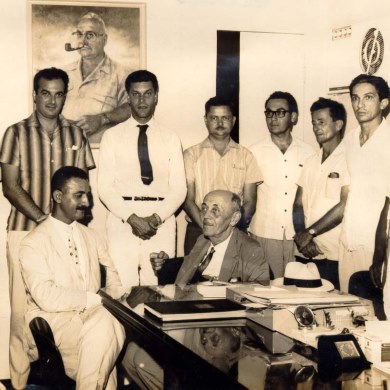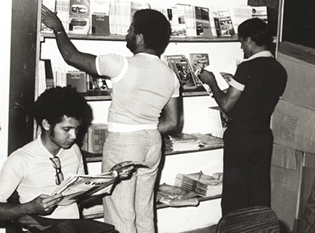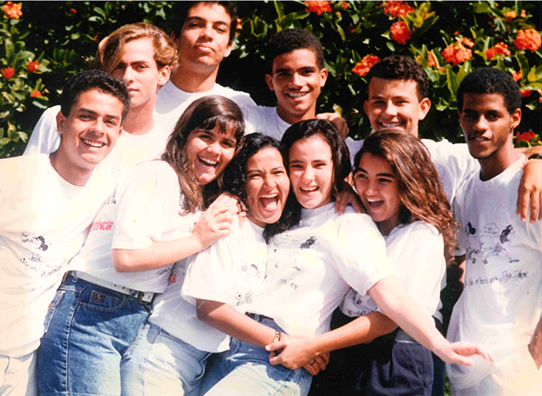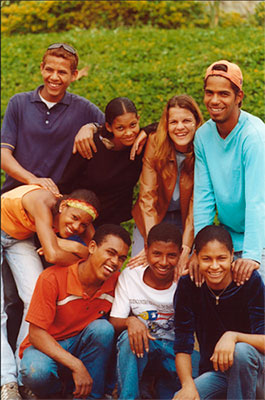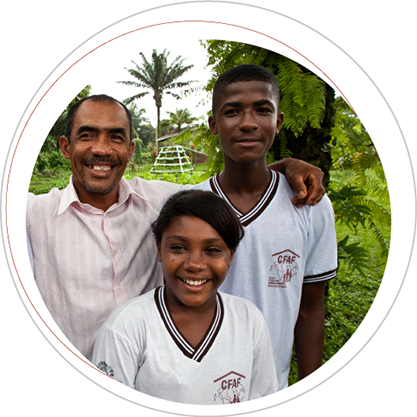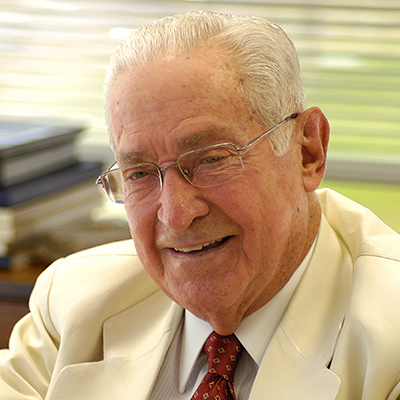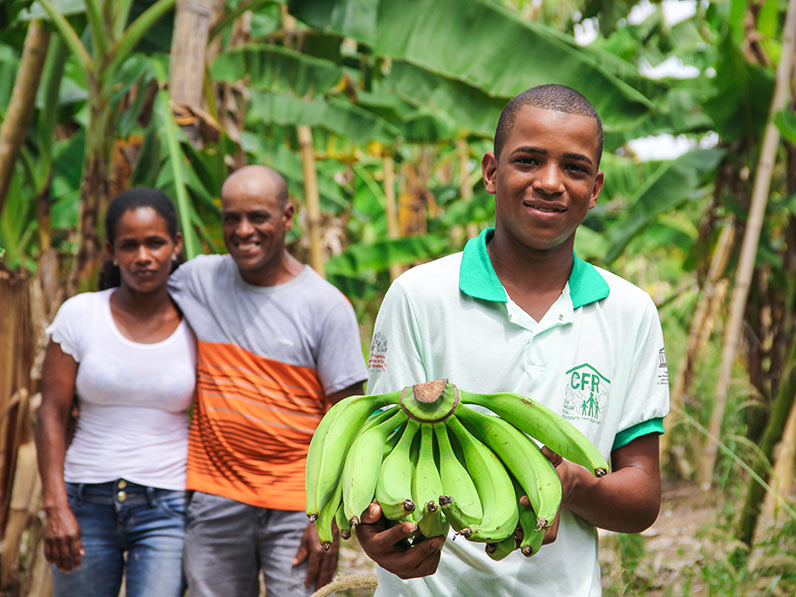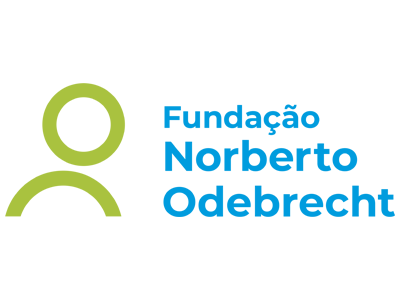We want to be transparent about the data that we partners collect and how we use it, so that you can control how well your personal data is. To obtain more information, consult our privacy policy and our cookie policy.
Or what are cookies?
Cookies are saved files on your computer, tablet or phone when you visit a site.
We use the necessary cookies to make or site work in the best possible way and always to improve our services.
Some cookies are classified as necessary and allow central functionality, such as security, network management and accessibility. These cookies can be collected and set so that you start your navigation or when you use any resource that I require.



